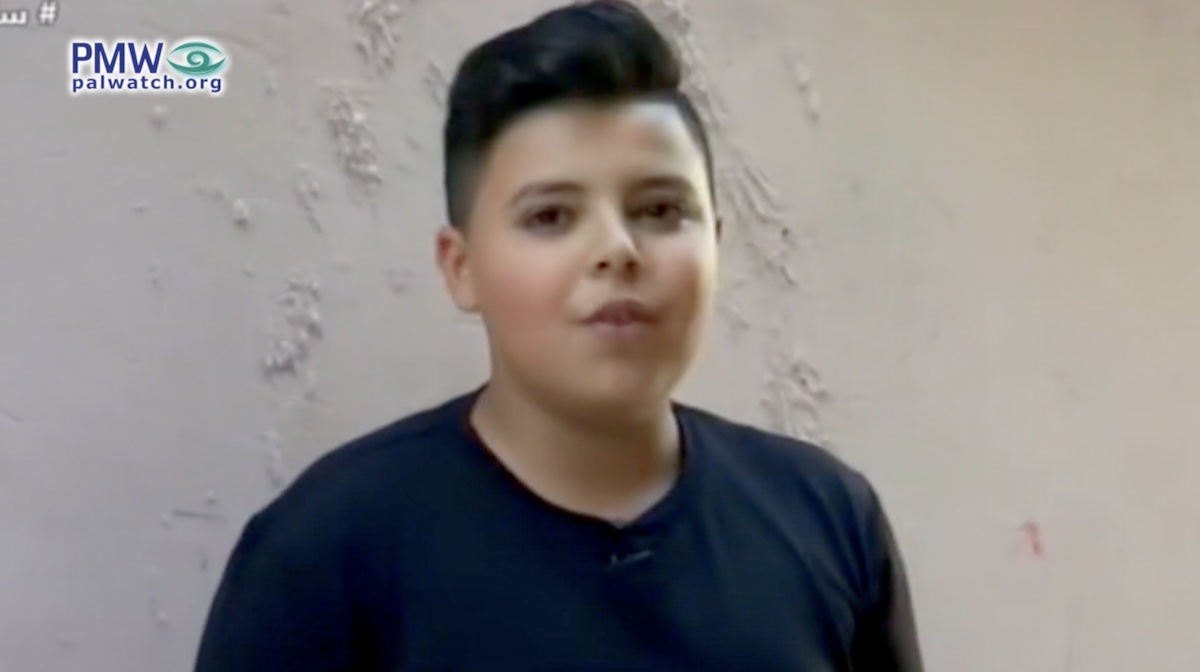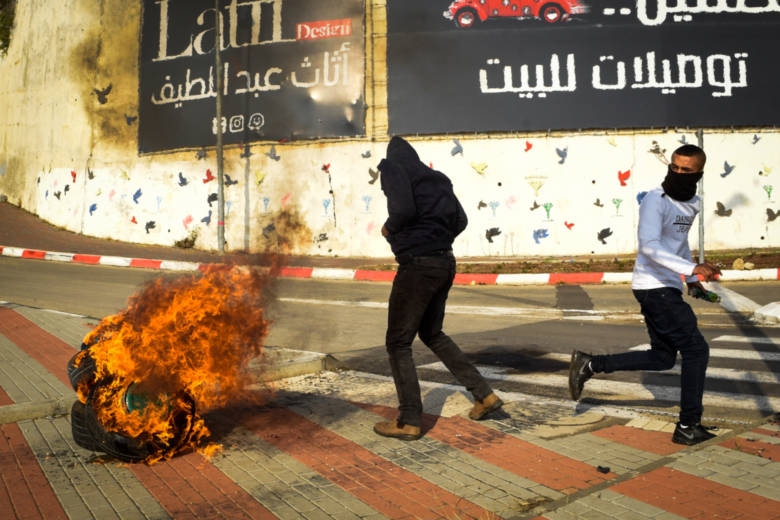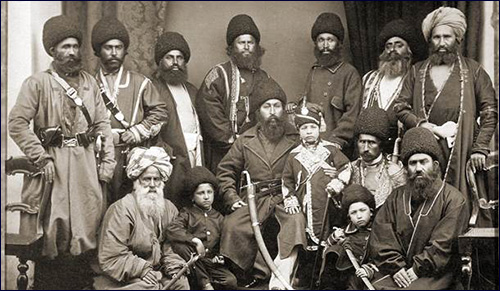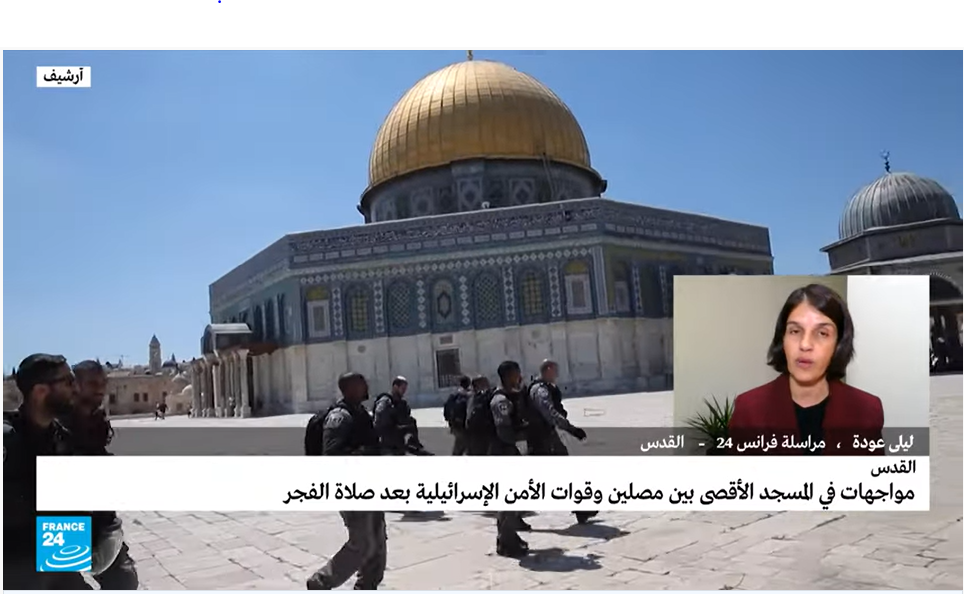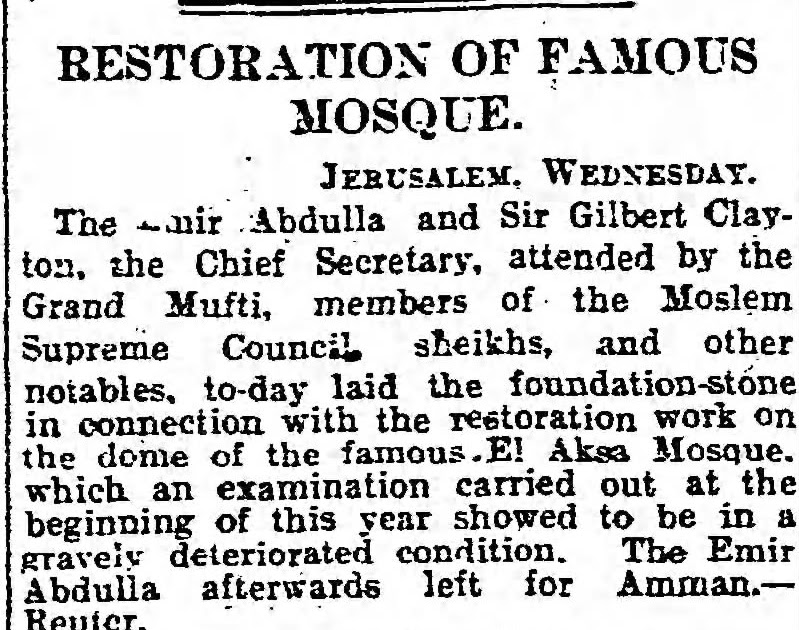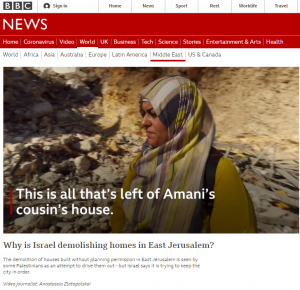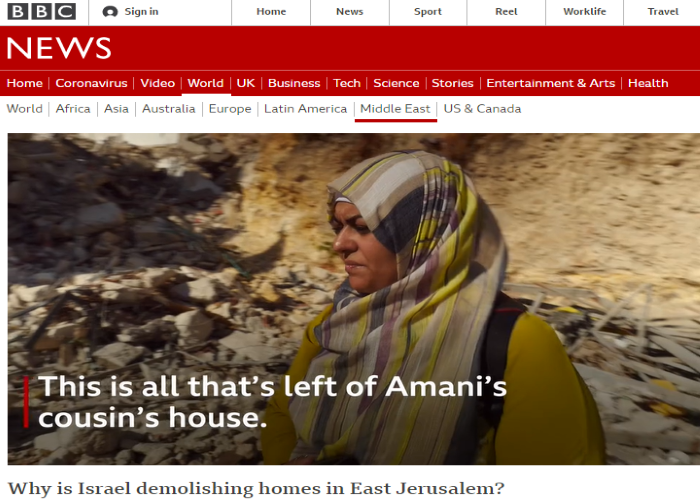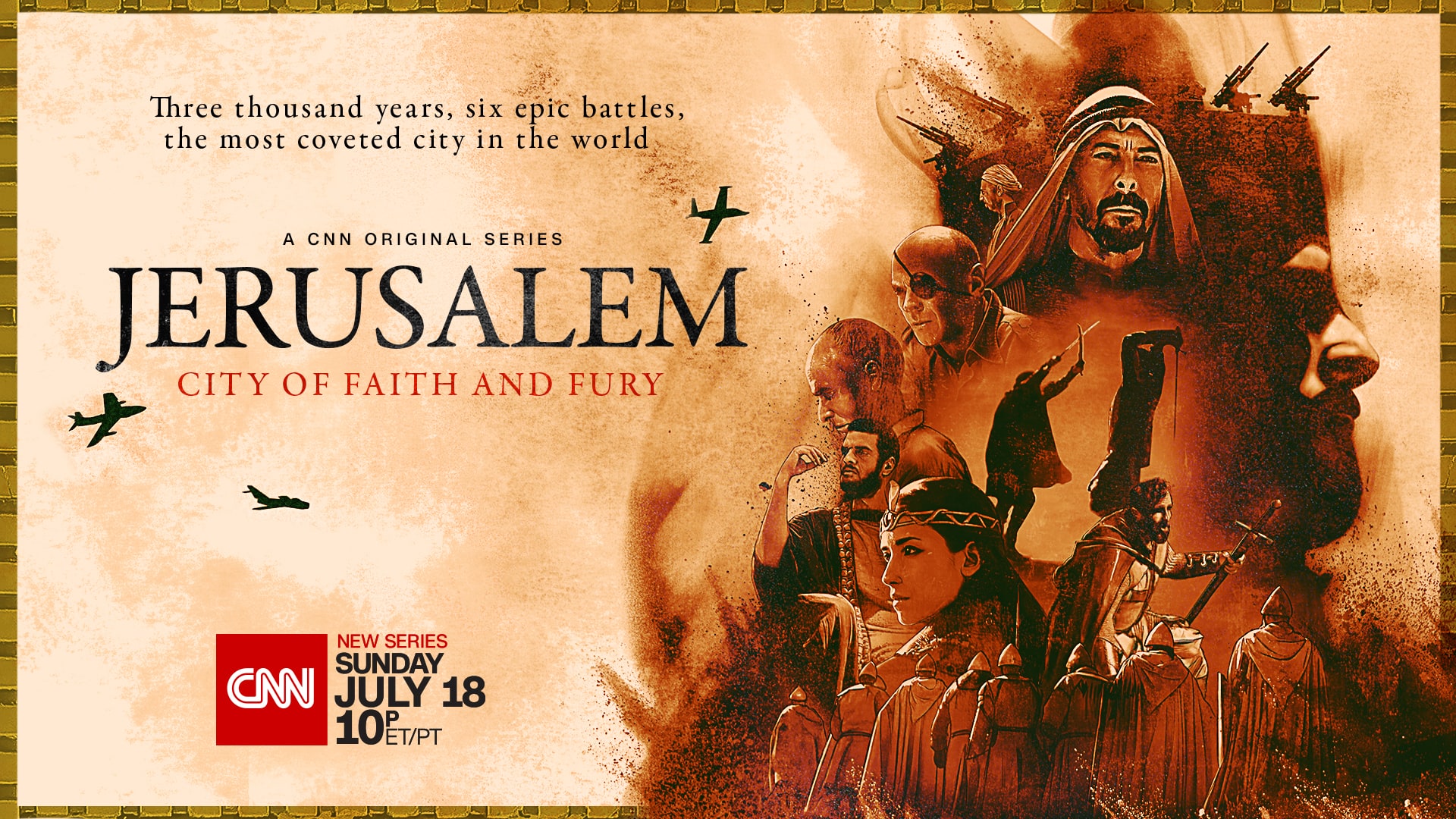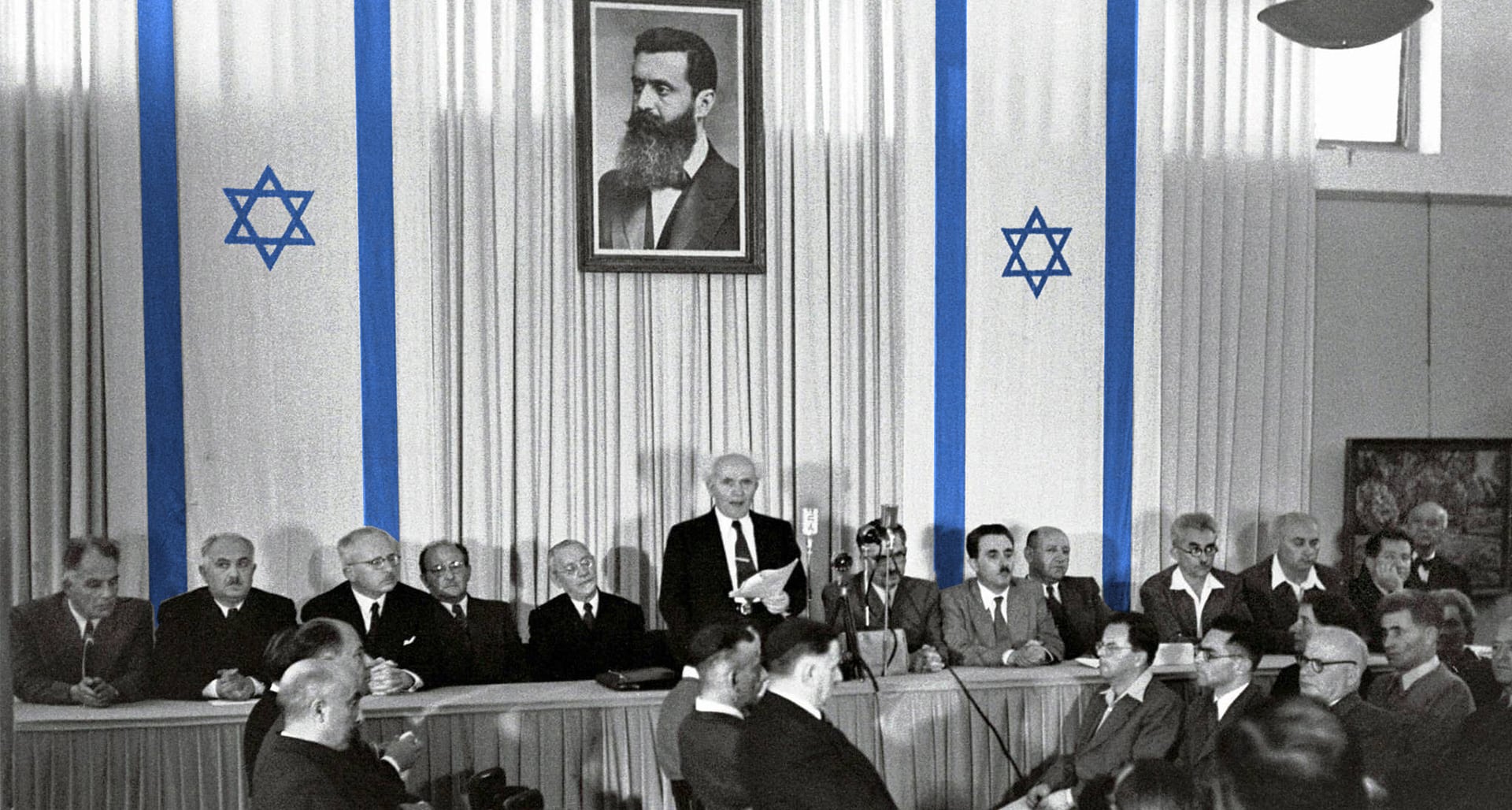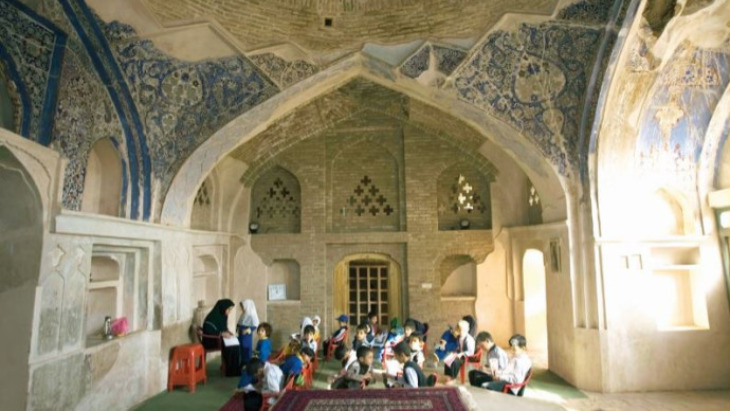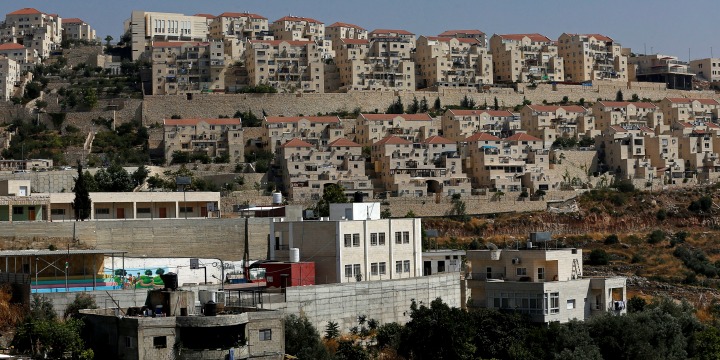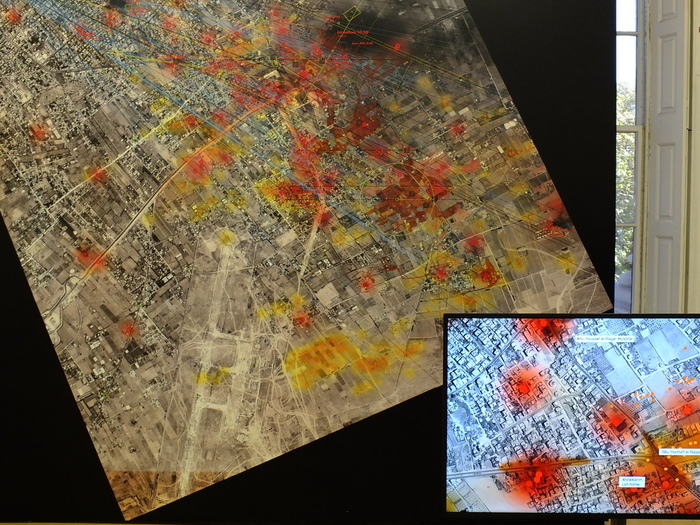Sixties Fan
Diamond Member
- Mar 6, 2017
- 53,601
- 10,411
- 2,140
- Thread starter
- #1,181
The Palestinian Authority instructs Palestinian children never to acknowledge Israel's right to exist. In a recent TV program, children were taught that Israel's entire coast is part of “Palestine” and its “gateway to the world.” Israeli ports Haifa, Acre, Jaffa, Ashdod, and Ashkelon were listed as part of the “Palestinian coastal plain” that has been “under Israeli occupation since 1948”:
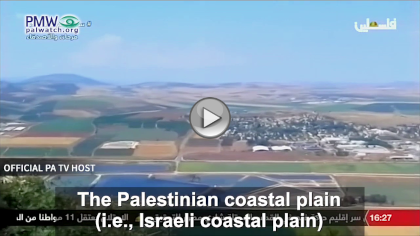
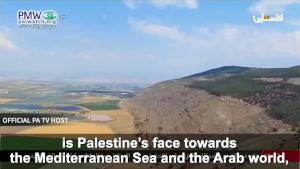
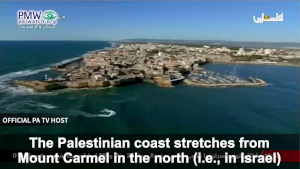
(full article online)
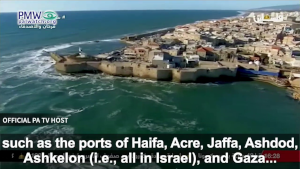
 palwatch.org
palwatch.org



(full article online)

PA to children: Israel's entire coast is really âPalestine,â âunder occupation since ââ1948ââ | PMW Analysis
The Palestinian Authority instructs Palestinian children never to acknowledge Israel's right to exist.

